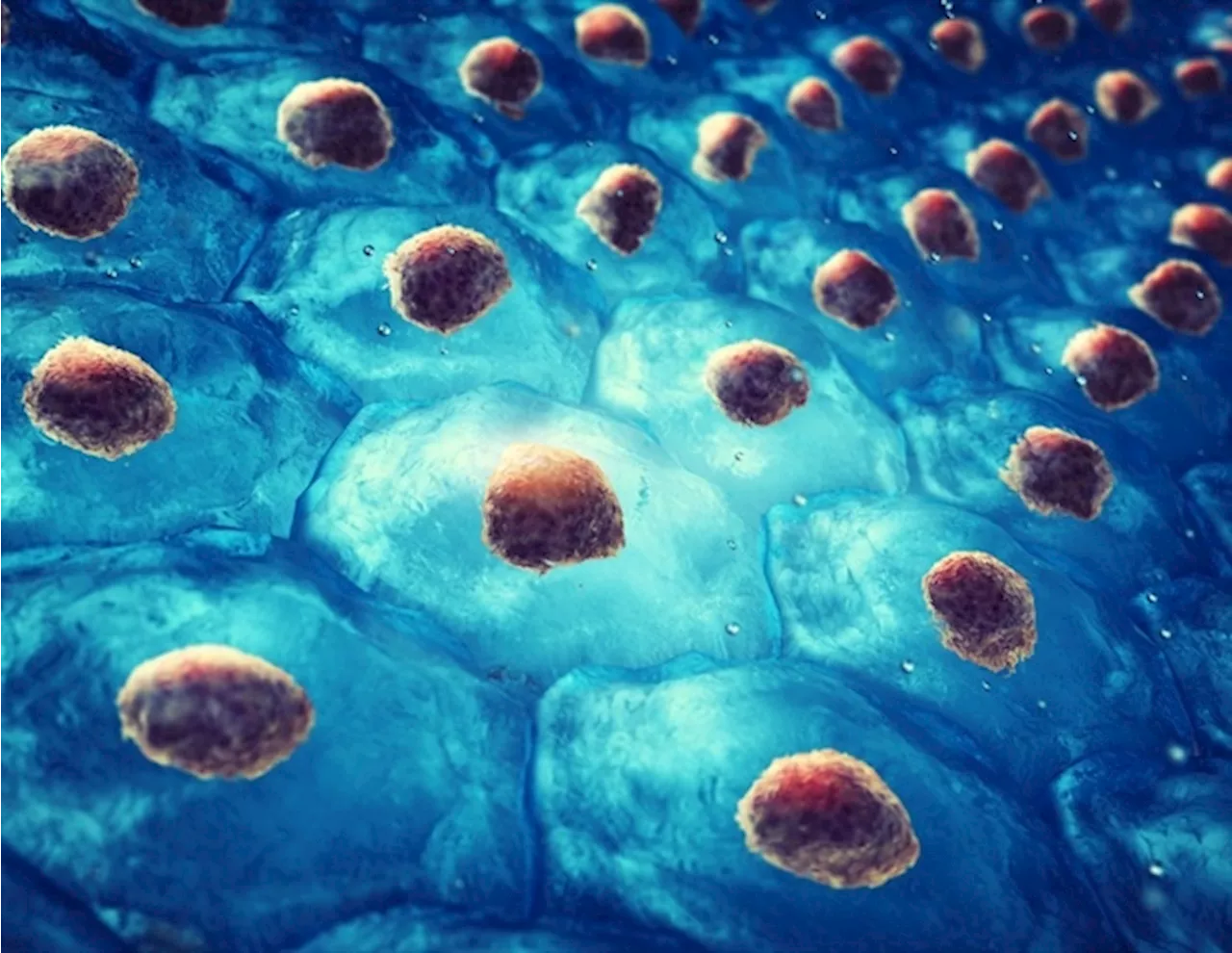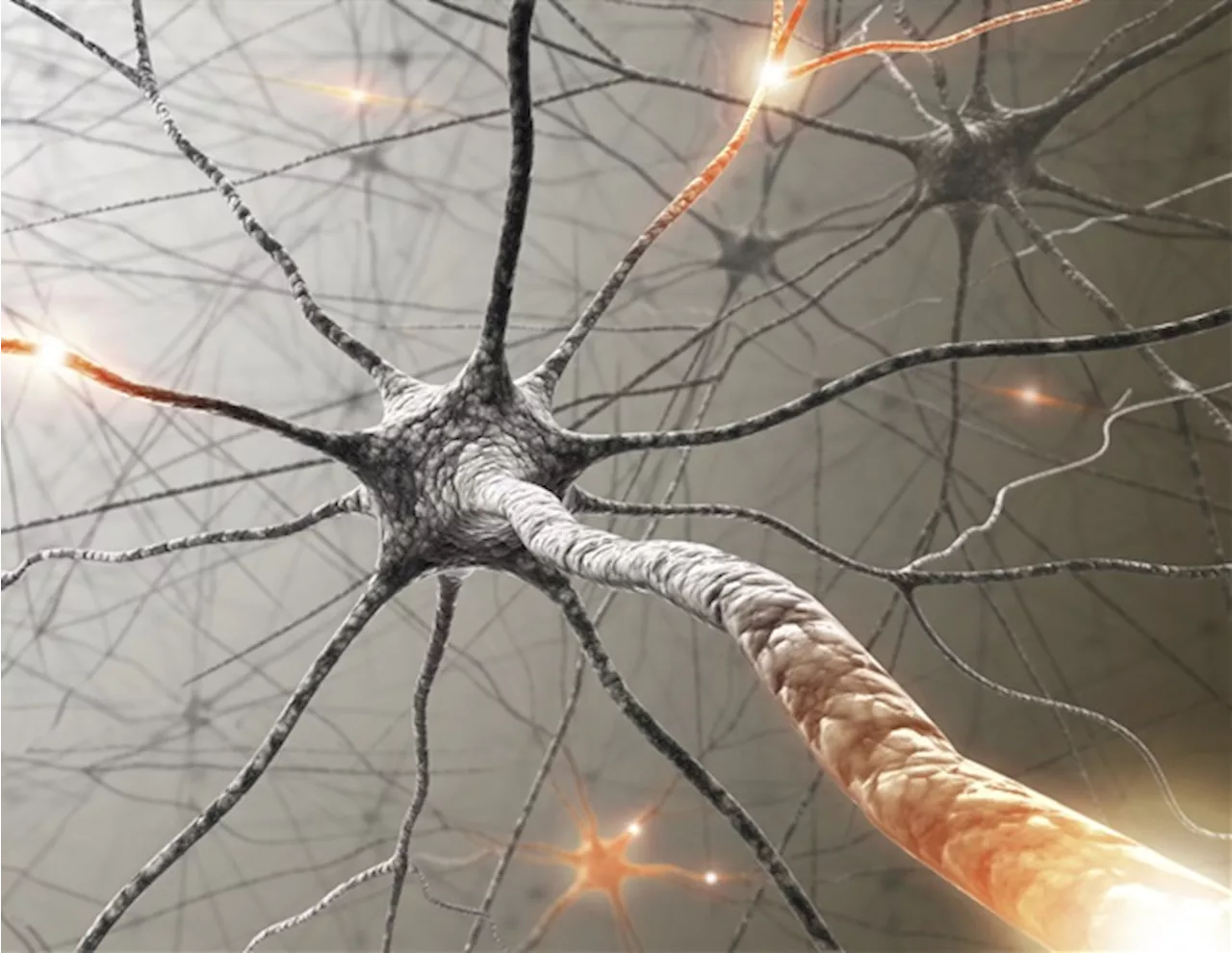Researchers have identified new roles for a protein long known to protect against severe flu infection – among them, raising the minimum number of viral particles needed to cause sickness.
Ohio State UniversityNov 15 2024
IFITM3 deficiency is not rare: About 20% of Chinese people and 4% of people of European ancestry have genetic mutations that disable the immune system's production of the protein.Jacob Yount, senior study author, professor of microbial infection and immunity in Ohio State's College of Medicine Yount has studied flu and this protein for years, and his lab developed a mouse model lacking the gene that codes for IFITM3 – making the animals highly susceptible to flu.
"IFITM3 has been known to prevent severity of infection, but we're newly showing that it's also controlling how much virus it takes initially to cause infection," Yount said. "And I think that's one of the most fundamental textbook-level findings ever to come out of my lab." The team then used lab techniques to mimic repeated transmission of a human-origin virus in mice, testing the protein's role in the pace of mutations that lead to interspecies adaptation. Experiments showed that flu viruses were able to replicate more rapidly and induce higher levels of inflammation in mice deficient in IFITM3 compared to normal mice.
Gene Genetic H5N1 Immune Response Immune System Immunity Inflammation Influenza OCT Pandemic Protein Research Swine Flu Virus
United Kingdom Latest News, United Kingdom Headlines
Similar News:You can also read news stories similar to this one that we have collected from other news sources.
 Researchers create mini-brains to study autism and test new treatmentsUsing stem cells generated from patients with a rare and severe form of autism spectrum disorder and intellectual disability, Scripps Research scientists have grown personalized 'mini-brains' (or organoids) to study the disorder in new detail.
Researchers create mini-brains to study autism and test new treatmentsUsing stem cells generated from patients with a rare and severe form of autism spectrum disorder and intellectual disability, Scripps Research scientists have grown personalized 'mini-brains' (or organoids) to study the disorder in new detail.
Read more »
 Researchers develop new approach to predict immunotherapy response in breast cancer patientsUsing computational tools, researchers from the Johns Hopkins Kimmel Cancer Center and the Johns Hopkins University School of Medicine have developed a method to assess which patients with metastatic triple-negative breast cancer could benefit from immunotherapy.
Researchers develop new approach to predict immunotherapy response in breast cancer patientsUsing computational tools, researchers from the Johns Hopkins Kimmel Cancer Center and the Johns Hopkins University School of Medicine have developed a method to assess which patients with metastatic triple-negative breast cancer could benefit from immunotherapy.
Read more »
 Researchers receive CAD 45 million to study new psychosis treatmentsOne out of 100 people will experience a psychotic episode in their lifetime, and these usually appear in late adolescence or early adulthood.
Researchers receive CAD 45 million to study new psychosis treatmentsOne out of 100 people will experience a psychotic episode in their lifetime, and these usually appear in late adolescence or early adulthood.
Read more »
 Researchers discover new 'Green Mediterranean' plan can slash risk of dementia and 'slow brain...Different diseases such as Alzheimer's affect different parts of the brain and lead to dementia - a loss of cognitive functioning to such an extent that it interferes with a person's daily life and activities.
Researchers discover new 'Green Mediterranean' plan can slash risk of dementia and 'slow brain...Different diseases such as Alzheimer's affect different parts of the brain and lead to dementia - a loss of cognitive functioning to such an extent that it interferes with a person's daily life and activities.
Read more »
 Researchers discover new 'Green Mediterranean' plan can slash risk of dementia and 'slow brain...Different diseases such as Alzheimer's affect different parts of the brain and lead to dementia - a loss of cognitive functioning to such an extent that it interferes with a person's daily life and activities.
Researchers discover new 'Green Mediterranean' plan can slash risk of dementia and 'slow brain...Different diseases such as Alzheimer's affect different parts of the brain and lead to dementia - a loss of cognitive functioning to such an extent that it interferes with a person's daily life and activities.
Read more »
 Researchers find 41 new genetic regions linked to disc herniationsLumbar disc herniation is one of the most common structural changes in the lower back and the most common cause of radiating pain, or sciatica, in the leg.
Researchers find 41 new genetic regions linked to disc herniationsLumbar disc herniation is one of the most common structural changes in the lower back and the most common cause of radiating pain, or sciatica, in the leg.
Read more »
